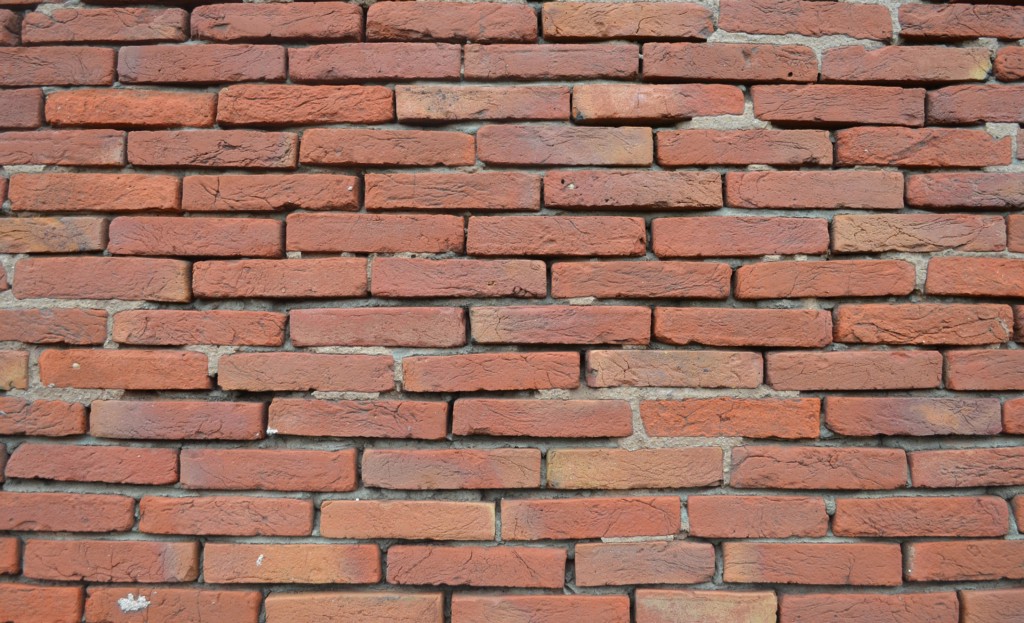
The Hate That Grows In Our Soil: Learning From India-Pakistan’s Partition
The tragedy in Charlottesville has forced me to confront a deep pain in my family’s history.
Pixabay
Mornings feel heavy recently. The air is full of humidity and rain is constantly on the edge of the horizon, yes, but it goes deeper than this climate, it’s in our soil.
In the past few weeks, we’ve witnessed the stark interplay of right and wrong, good and evil, inclusion and exclusion as white supremacists lashed out against anti-fascists and Black Lives Matter. Some died, many were hurt, and the neo-Nazis walked free. We, who watched from afar or who marched those streets, woke up that Sunday with hearts like stones and legs that could not move. It’s the stagnation of licking our wounds and of mourning our dead.

It’s the stagnation of licking our wounds and of mourning our dead.

The heaviness, an unnatural gravity that sank us into the ground rather than kept us upright upon it, followed into the next day. I woke up with a heart like a fist, my face already wet and pulled apart by a night of wrestling with dark demons. My muscles were stiff and tired. August 14 and 15 annually mark the Independence Days of Pakistan and India respectively. These are the days of self-determination, when a region, saturated with history and ancient in its presence, fought a global superpower and won. And these are the days immortalized by the warring of twin siblings who could not and would not live together.
When the British left, the fight was not over and a war that ended was renewed by people on both sides who killed their twins wantonly. Millions died. Millions more were displaced. Women were thrown into the fray and never seen again, their bodies sinking into an ocean of chaos.
Support Diverse Journalism — Become A Member Of The Establishment
My grandfather was a child at the time, a Hindu child born on the wrong side of the border. His family, including his older sister whose eyes had grown wide with her new teenage understanding, packed up their house in Rawalpindi, hugged their Muslim friends and servants goodbye, these people who had raised them, and left for a new home. My grandfather did not know what he saw, but his sister did. In that migration she was witness to untold horrors, protected only by her own quick feet and parents who hurried her along.
I knew my great-grandmother briefly, an impressive and small woman who crossed that border and made a new life for her children in a new city. She helped raise my mother. And yet with the history of Partition so ingrained in my blood and so close I could touch it, I have never in my 26 years heard anyone in my family talk of it freely. Instead the trauma of that time was diluted down into vitriol against the estranged sibling Pakistan or channeled into the world’s distrust of Muslims. Pain and hate were reborn as fury and hate. The hate never went away.
Mourning The Forgotten Women Of India’s Violent Partition
Muslims were not our enemies. Sikhs and Hindus were not the enemies of Muslims. The tribal violence that existed was stoked and set ablaze by the British who wanted to conquer us and to own us fully, no matter if we were ashes or people. But the hatred that arose in the absence of the British was not directed at the source of violence, the overlords who raped the region of its resources and left tens of millions to starve, it was directed at Pakistan, and from Pakistan back at India. Missiles on the border point both ways, mutual assured annihilation. Hate is deep in the soil of this world.
In my family we do not talk about Partition. We do not talk about trauma or pain after something has happened. In India it is the same — we leave history where it sits in the annals of time. We do not dredge it up and interrogate it, like it’s a guest over for tea. We pretend it doesn’t exist. But that is not how you free yourself from pain — you cannot leave a knife sticking out of your side for 70 years and hope it will just dissolve.

We cannot leave the symbols of our past, statues commemorating generals who fought to protect the enslavement of black people and the genocide of indigenous people, erect in public spaces.

We cannot leave the symbols of our past, statues commemorating generals who fought to protect the enslavement of black people and the genocide of indigenous people, erect in public spaces. These are not the glorious days of our past, these are its darkest days we are forcing people to celebrate. We must invite this pain to tea. We must interrogate what it means to leave these symbols intact to embolden a new generation of hateful, bitter white people.
White supremacists are not a new species. Their hate is not unique. Their hate is from the same well that waters the whole world, but we can do more than to relegate them to the history books. They are the real, modern manifestation of this country’s trauma and we must deal with them head on.

This story originally appeared on Kajal Magazine. Republished here with permission.


